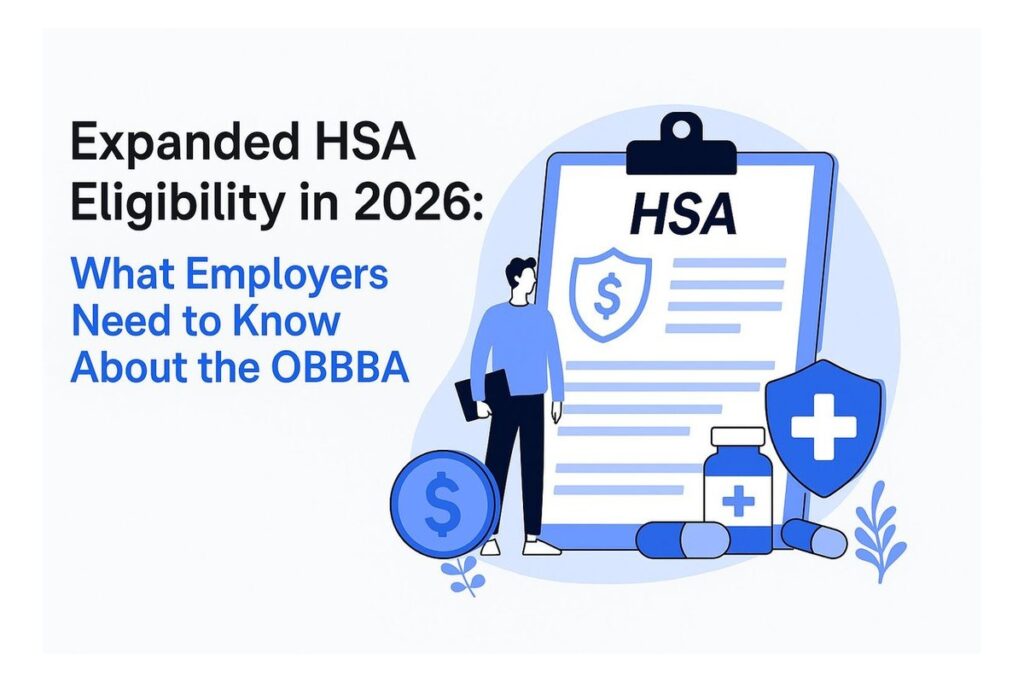The FLSA rules
Under the Fair Labor Standards Act (FLSA), hourly “nonexempt” wage earners generally must receive overtime pay for hours worked beyond 40 hours per workweek. A workweek doesn’t need to be a calendar week — for example, a Wednesday to Tuesday workweek would qualify.
To be exempt from overtime (and minimum wage) regulations, most employees need to be paid at least $684 per week or $35,568 annually. This is known as the salary level test. An exempt employee must also pass the job duties test, the conditions for which vary by position. For instance, to qualify for the executive exemption, the job duties test stipulates that:
- The employee’s primary duty must be managing the enterprise or a department or subdivision of the enterprise,
- The employee must customarily and regularly direct the work of at least two or more other full-time employees or their equivalents, and
- The employee must have the authority to hire or fire other employees, or the employee’s suggestions and recommendations as to the hiring, firing, advancement, promotion or any other employment status change must be given particular weight.
Case details
In the aforementioned Supreme Court case, the employee involved was a “tool-pusher” whose duties included supervising other offshore oil rig workers. He was paid a daily rate ranging from $963 to $1,341 per day, resulting in earnings of more than $200,000 annually. Under the compensation scheme, the daily rate increased each consecutive day worked.
The employee filed suit claiming his employer violated the FLSA’s overtime provisions. In response, the company argued that he was exempt from overtime pay as a “bona fide executive.”
To qualify for such an exemption, an employee must meet the salary level and job duties tests as mentioned above. But the employee also needs to satisfy the salary basis test. Under FLSA regulations, a bona fide executive may satisfy the salary basis test if the person is a highly compensated employee (HCE) — that is, one who earns at least $107,432 or more per year (or $100,000 per year before January 1, 2020).
The Court’s decision
The Supreme Court held in a 6-3 ruling that an HCE who’s paid at a daily rate is not considered to be paid a salary. Therefore, the employee in question wasn’t exempt from receiving overtime pay.
In its majority opinion, the Court reasoned that the HCE rule isn’t only a “simple income level” test for the purposes of exemption. It noted that the employer could have satisfied the exemption if the daily rate was a weekly guarantee that satisfied applicable regulations, or if compensation had been a straight weekly salary.
The Court wasn’t swayed by the company’s objection that paying a weekly guaranteed daily rate or straight weekly salary would have resulted in the employee receiving compensation for days he didn’t work. According to the Court, this only further showed that the employee wasn’t paid a salary and, thus, didn’t meet the requirements for the exemption from overtime pay.
Current and compliant
The business in this case joined many others that have been tripped up by the FLSA’s rules. If your company pays employees overtime, our firm can help you stay current and compliant with the latest applicable regulations.
Helix Energy Solutions Group, Inc. v. Hewitt, No. 21-984, February 22, 2023 (U.S. Supreme Court)
© 2023




